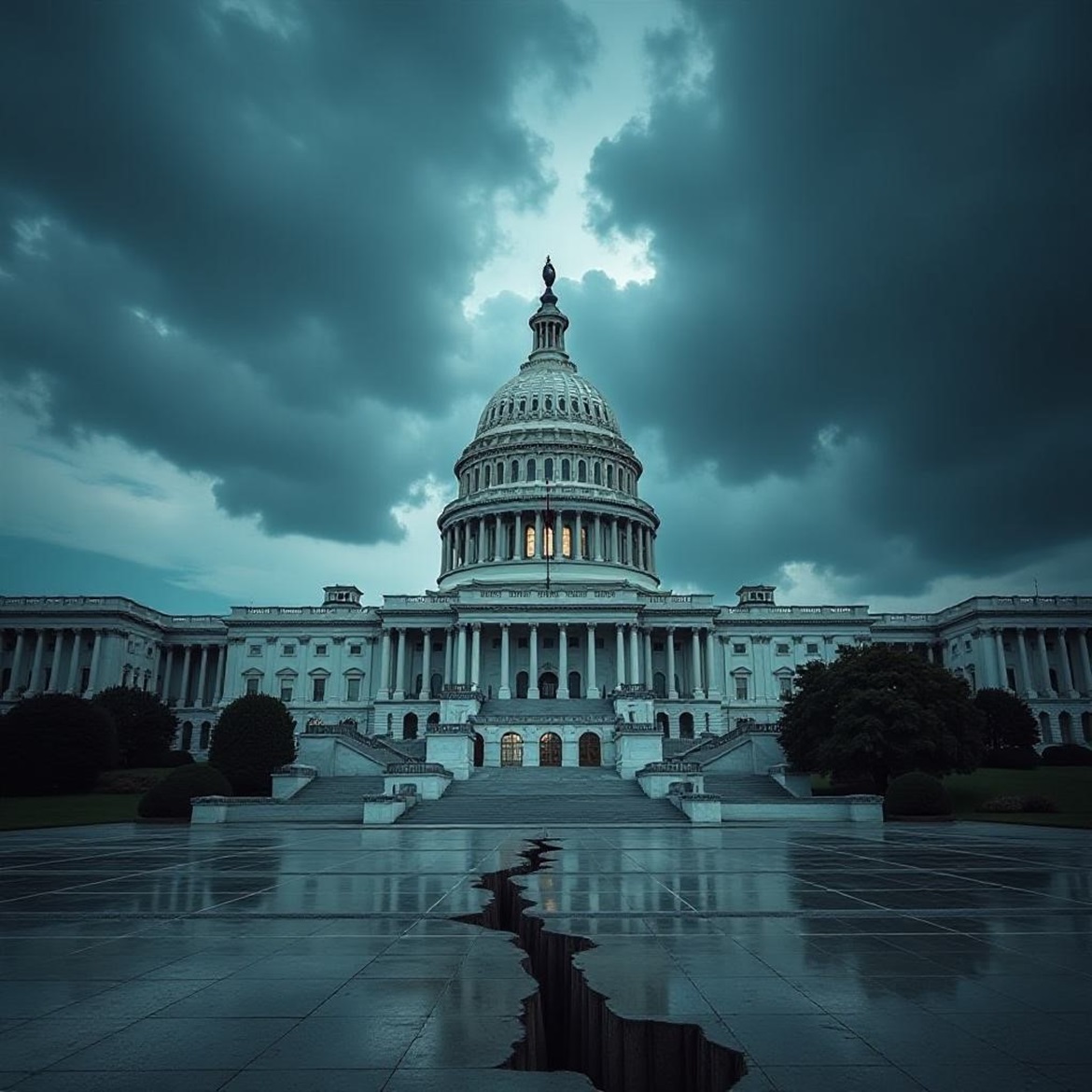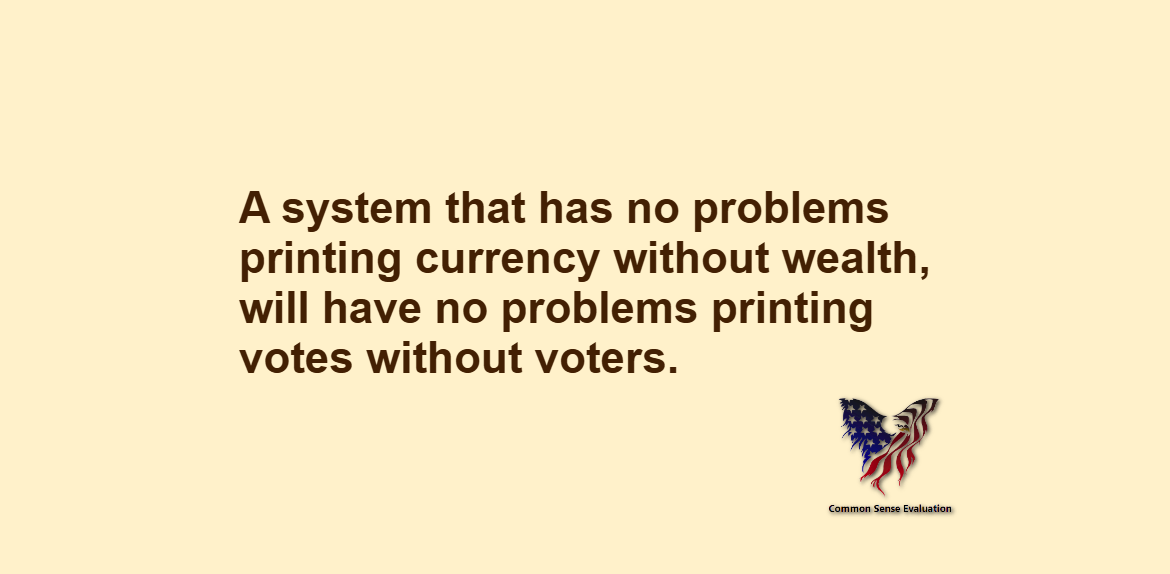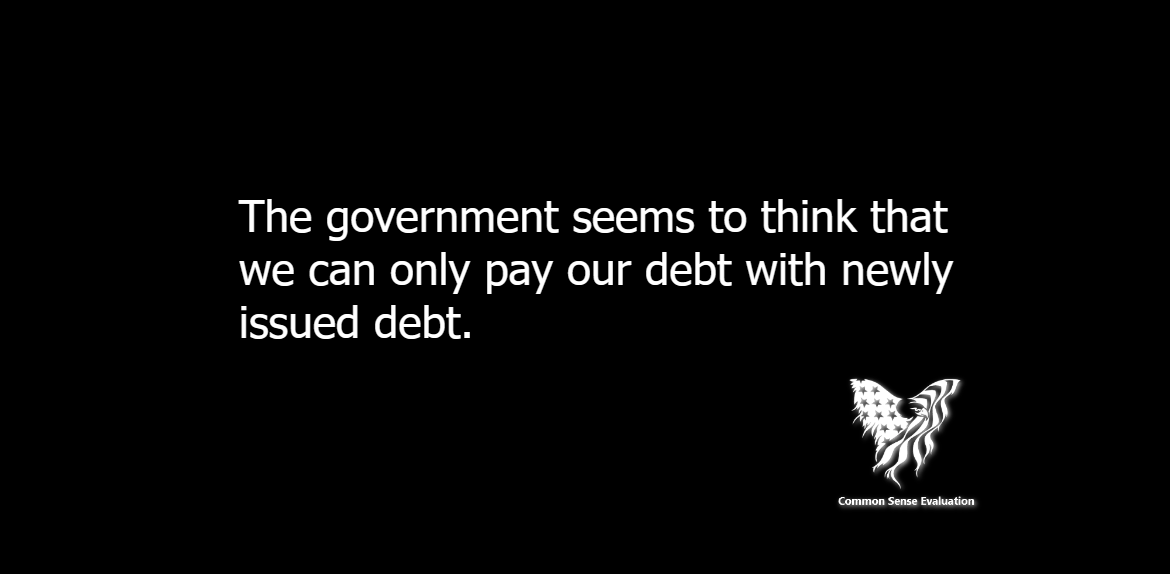The phrase “debt slavery” might sound dramatic, but when you examine the spiraling national debt, it’s hard to find a better description. Every year, governments worldwide are borrowing more money than ever before, leaving citizens to foot the bill. But here’s the kicker—it’s future generations who will pay for today’s spending. This isn’t just an issue of numbers on a balance sheet; it’s a legacy that risks undermining the financial security and prosperity of generations to come.
When a government accumulates debt, it borrows against future earnings to fund today’s expenditures. But what happens when that borrowing spirals out of control? Eventually, the bill comes due. And as history has shown, the burden doesn’t fall on those who created the debt; it’s the citizens—often those who aren’t even born yet—who must pay the price.
The Weight of National Debt on Future Citizens
National debt is often treated as an abstract number, but it has very real implications. For one, high levels of debt lead to increased interest payments. As a government’s debt rises, so do the costs associated with servicing that debt. Imagine if, every month, a chunk of your income went solely to pay off credit card interest without reducing the principal—this is essentially what happens on a national scale. Future generations will inherit not only the debt itself, but also the interest on it, potentially leading to a lifetime of economic strain.
According to some analysts, the U.S. national debt currently stands at over $35 trillion. It’s easy to lose perspective with numbers that large, but let’s break it down: that’s over $90,000 of debt per U.S. citizen. Imagine being born with a financial anchor around your neck before you’ve even taken your first breath. And this figure only grows as government borrowing continues unabated.
Inflation: The Silent Tax
When governments overspend and print more money to cover their debts, inflation rises. Inflation isn’t just a number in an economic report; it erodes the value of money over time. Essentially, the government can choose to meet its debt obligations by making your money worth less. Inflation may not feel like a tax, but it is one of the most effective ways for governments to siphon value from their citizens without their explicit consent.
As prices rise, the purchasing power of everyday citizens decreases. What once cost $5 might now cost $7 or $8, and wages rarely keep pace with this rise. For families, this means stretching every dollar just to maintain the same standard of living. For future generations, it means a lifetime of inflated costs that make saving and investment harder.
And inflation doesn’t just impact day-to-day purchases. Over time, it affects the cost of housing, education, healthcare, and other essential services. Young people, who are already burdened with education debt and skyrocketing housing costs, will find it even harder to get ahead financially. Inflation is, in effect, a hidden tax—one that future generations will continue to pay as long as government debt keeps rising.
Financial Mismanagement: Where Does the Money Go?
The question that should be on everyone’s mind is, “Where does all this borrowed money actually go?” You might expect that all this spending is at least directed toward long-term investments that will benefit future generations, like infrastructure, healthcare, or education. But more often than not, much of it is spent on short-term political gains, questionable projects, or bloated bureaucratic systems.
When debt is used to fund programs that don’t produce future economic value, it essentially becomes a drag on future growth. Imagine a business that continually borrows to cover its operating costs rather than invest in new products or technology. Eventually, that business will find itself crippled by debt, unable to grow, and teetering on the edge of collapse. National governments are no different. When debt isn’t used to build a productive future, it’s future citizens who will pay the price.
What Happens When the Debt Bubble Bursts?
Every economy has a limit to how much debt it can sustain. At some point, creditors may lose confidence, leading to a debt crisis. Countries that hit this point often face drastic consequences: currency devaluation, skyrocketing inflation, or even default. In such scenarios, citizens bear the brunt. Savings are wiped out, investments lose their value, and the economic stability that many people take for granted vanishes.
The risk of a debt bubble bursting isn’t theoretical. History is full of examples: Greece in the early 2010s, Argentina multiple times, and even the United States during the Great Depression. When debt becomes unsustainable, the entire financial system can unravel, leaving citizens trapped in economic chaos. Future generations would inherit not just a debt burden but a broken economy, forcing them to rebuild from scratch.
The Moral Dilemma: Passing Debt Down to the Next Generation
Perhaps the most troubling aspect of this debt trap is the moral dimension. What right do we have to leave future generations with a financial burden they never chose? Our children and grandchildren will grow up in a world where they’re expected to shoulder this massive debt load while facing challenges of their own, like climate change, technological disruption, and global competition.
Future citizens will likely have fewer choices because of this debt. They may face higher taxes, fewer public services, and limited economic opportunities. The decision to continue borrowing without regard for the consequences effectively makes them financial slaves, bound to pay off a debt they didn’t create.
Is There a Way Out?
The path to reducing debt isn’t simple, but it starts with fiscal responsibility. Instead of endless borrowing, governments must learn to prioritize spending, eliminate waste, and focus on investments that will generate future economic value. While austerity is never popular, it may be the only way to avoid passing this debt burden onto future generations.
There is also a need for greater transparency and accountability. Citizens have the right to know how their government’s spending today will affect their children tomorrow. Educating the public about the real impact of national debt and inflation could lead to a shift in priorities, where elected officials are held accountable for financial decisions that impact the next century.
A Legacy of Responsibility
The rising national debt is not just a financial issue—it’s a profound moral dilemma. We are at a crossroads, and the choices we make now will shape the economic future of generations to come. If governments continue on the current path, future generations may be trapped in a cycle of debt slavery, with limited options and restricted freedom.
For the sake of future prosperity, we must act now to curb unsustainable borrowing and prioritize investments that secure a brighter, debt-free future for those who come after us. Every dollar borrowed today is a dollar that future citizens will be forced to repay. Let’s make sure that when they look back, they see a legacy of responsibility, not of debt and despair.




